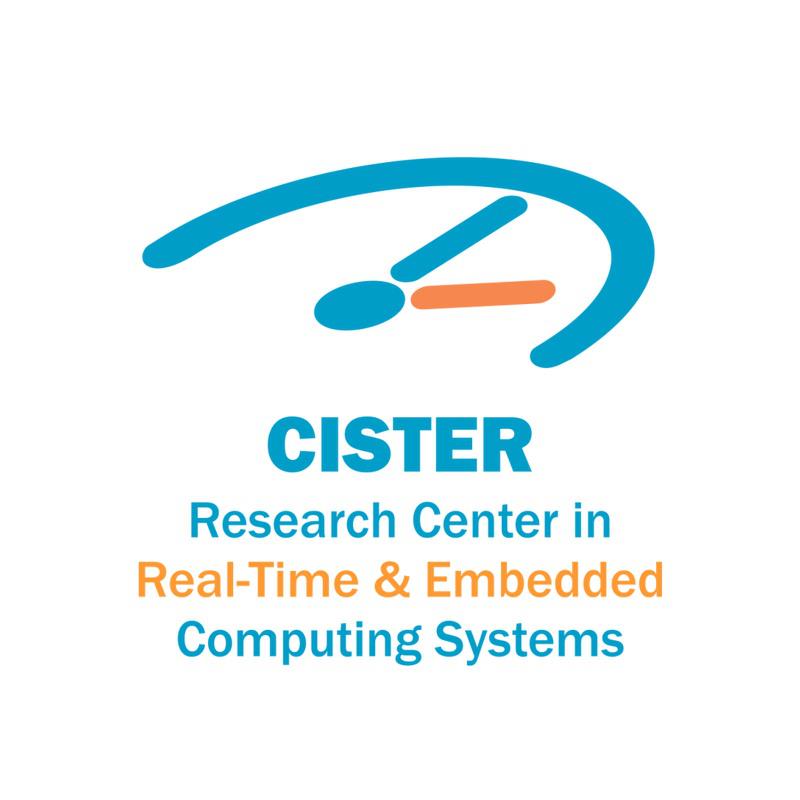 SPARTS
SPARTS
Simulator
| Internal Project 18 months (Feb 2011 to Jul 2012) | |
| Summary: | Real-time systems demand guaranteed and predictable run-time behaviour in order to ensure that no task has missed its deadline. Over the years we are witnessing an ever increasing demand for functionality enhancements in the embedded real-time systems. Along with the functionalities, the design itself grows more complex. Posed constraints, such as energy consumption, time, and space bounds, also require attention and proper handling. Additionally, efficient scheduling algorithms, as proven through analyses and simulations, often impose requirements that have significant run-time cost, specially in the context of multi-core systems. In order to further investigate the behaviour of such systems to quantify and compare these overheads involved, we have developed the SPARTS, a simulator of a generic embedded realtime device. The tasks in the simulator are described by externally visible parameters (e.g. minimum inter-arrival, sporadicity, WCET, BCET, etc.), rather than the code of the tasks. While our current implementation is primarily focused on our immediate needs in the area of power-aware scheduling, it is designed to be extensible to accommodate different task properties, scheduling algorithms and/or hardware models for the application in wide variety of simulations. The source code of the SPARTS is available for download at the following link. Download SPARTS |
| Partners: | |
| Contact Person at CISTER: | Stefan M. Petters |









